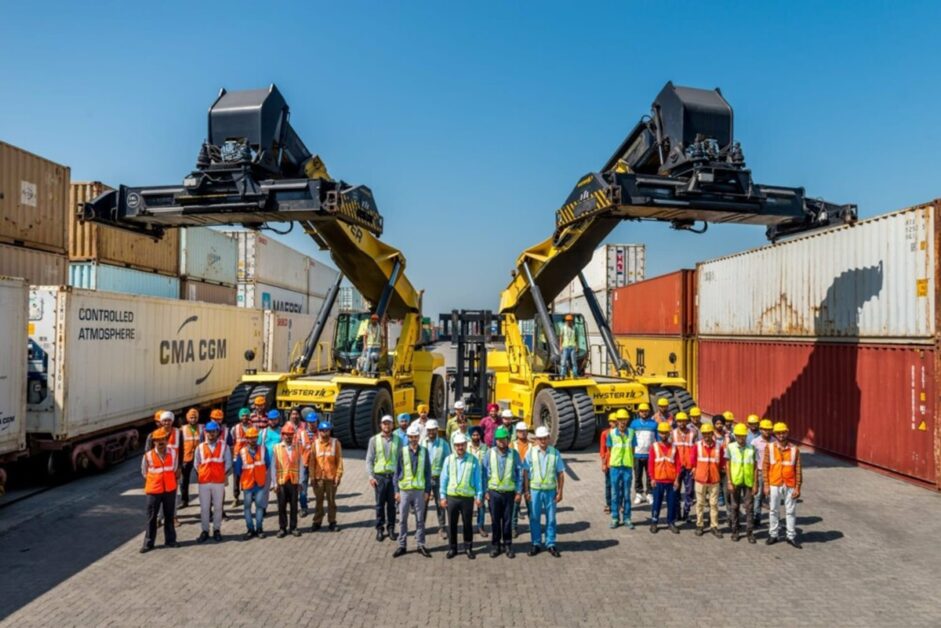With the opening of its first dry port at Bihta, close to Patna, Bihar created history. The dry port’s first export, a shipment of leather shoes to Russia, was inaugurated by Industries Minister Nitish Mishra and is seen as the state’s major move to increase its international trading presence.
In essence, a dry port is an inland cargo handling facility that is typically connected to a seaport via road or rail. By providing storage, inspections, and customs processing under one roof, it plays a crucial part in international trade.
Two popular forms of dry ports that facilitate the export-import process are inland container depots (ICDs) and container freight stations (CFSs).
Currently, most CFSs are situated within 50 kilometres (km) of ports, primarily in western and southern India, while ICDs are concentrated in the northern hinterland. In the eastern part, except for West Bengal, the population of ICDs/CFSs is sparse.
Access to ports is crucial for any state engaged in international trade, as landlocked regions often bear the disadvantage of higher trade costs and limited access to direct maritime transit routes.
For Bihar, being landlocked poses a distinct challenge, as the nearest seaport in West Bengal lies at a considerable distance.
Currently, Bihar’s exports rely on ports located in other states, such as Haldia in West Bengal, Visakhapatnam in Andhra Pradesh, Nhava Sheva in Maharashtra, and Mundra in Gujarat.
The inaugural dry port at Bihta is set to transform this situation by enabling micro, small, and medium enterprise (MSME) units to book consignments directly from this facility and offering customs clearance locally.
The Bihta dry port, sprawling across seven acres, is a public-private partnership (PPP) venture operated by Pristine Magadh Infrastructure Private Limited in partnership with the state’s industry department.
It has been approved as an inland container depot by the Department of Revenue, Ministry of Finance.
Under the state’s export policy, MSME units booking through this ICD will benefit from a 1 per cent ‘free on board’ value as export subsidy, designed to enhance local businesses’ competitiveness in global markets.
In fiscal year (FY) 2022-23, Bihar’s exports totalled Rs 20,000 crore, predominantly facilitated by external ports. The new ICD will help retain and enhance these figures, directly contributing to the state’s economy.
Despite accounting for nearly 2.8 per cent of the nation’s gross domestic product (GDP), Bihar currently languishes at a miniscule 0.05 per cent of India’s merchandise exports.
However, the state has a unique locational advantage owing to its proximity to markets of South Asian and Southeast Asian countries such as Bangladesh, Myanmar, Bhutan, Nepal, and others.
The Bihta ICD is just one of Bihar’s initiatives to improve export competitiveness. Earlier this year, the central government approved the development of two special economic zones (SEZs) in industrial areas of Kumarbagh (West Champaran district) and Nawanagar.







